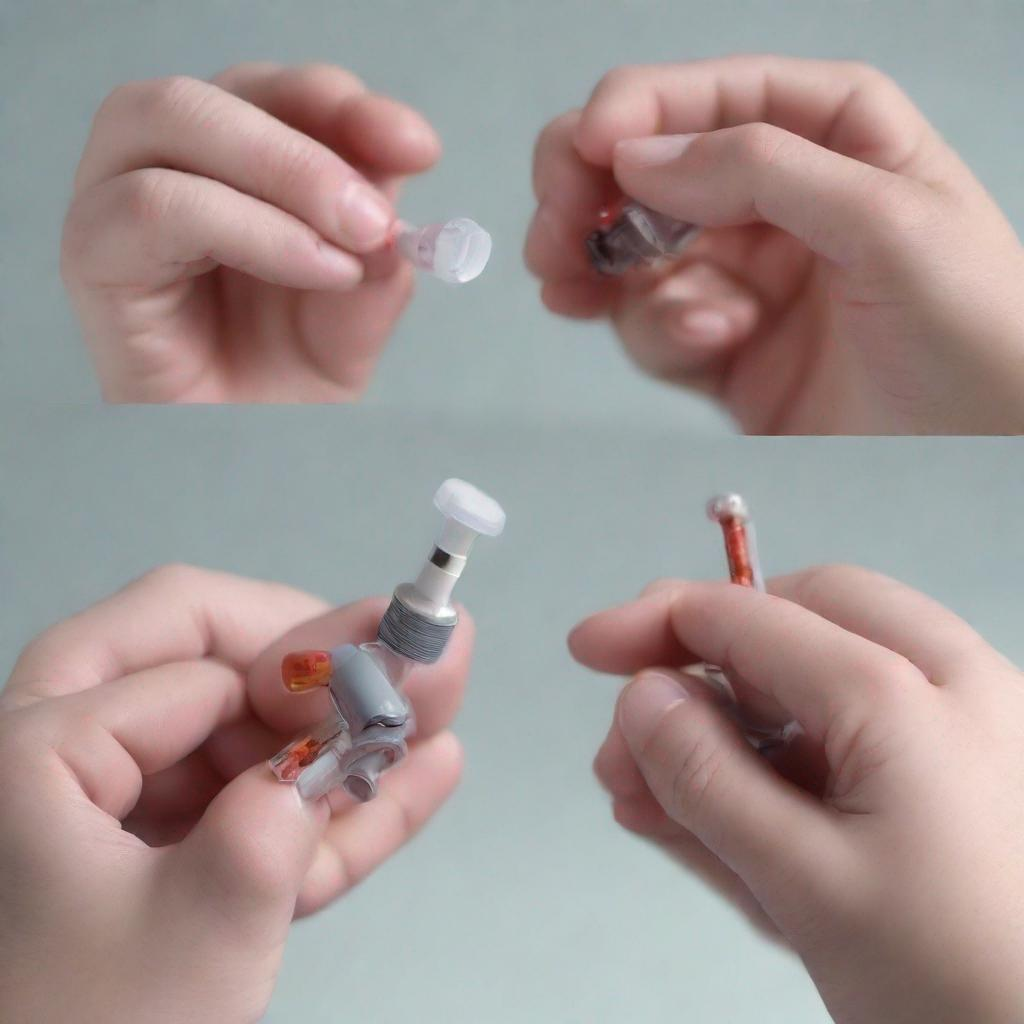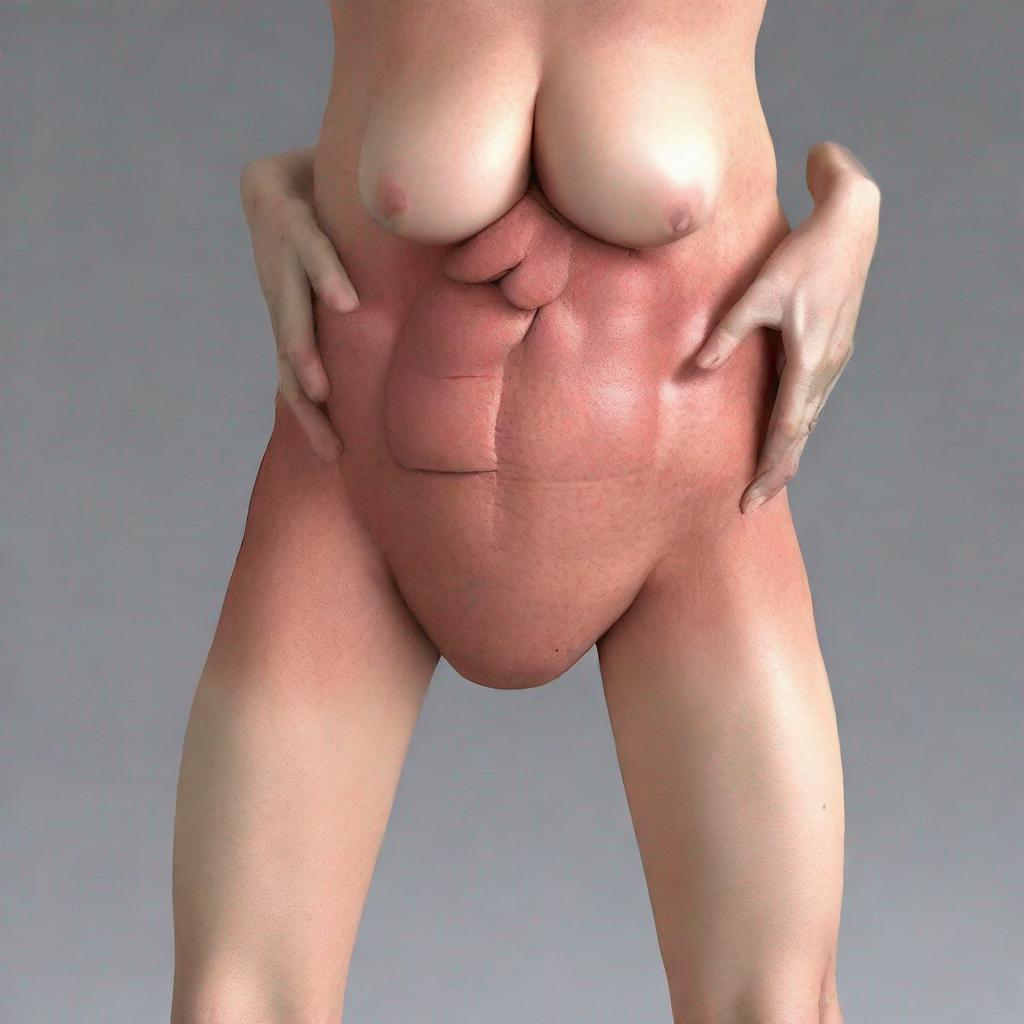## Capsule Endoscopy: A Comprehensive Guide
### Introduction
Capsule endoscopy, also known as Pillcam endoscopy or wireless capsule endoscopy, is a non-invasive medical test that allows doctors to examine the inside of the small intestine. It involves swallowing a small capsule containing a miniature camera that takes thousands of images as it travels through the digestive tract.
### Procedure
**Tools and Equipment:**
* Capsule endoscope: A small, disposable capsule containing a camera, light source, and transmitter.
* Wireless receiver: A device worn by the patient that receives and stores the images transmitted from the capsule.
* Software: Specialized software processes the images to create a video of the small intestine.
**Performing the Test:**
* The patient swallows the capsule with water.
* The capsule wirelessly transmits images to the receiver as it travels through the digestive tract.
* The patient wears the receiver for 8-12 hours, depending on the speed of capsule movement.
* Once the capsule has passed through the digestive system, it is excreted naturally.
**Doctors Performing the Test:**
* Gastroenterologists: Specialists in the diagnosis and treatment of diseases of the digestive system.
* Surgeons: May perform capsule endoscopy to evaluate the small intestine before or after surgery.
### Diagnosis
**Conditions and Diseases:**
Capsule endoscopy can detect a wide range of conditions and diseases in the small intestine, including:
* Gastrointestinal bleeding
* Crohn’s disease
* Ulcerative colitis
* Celiac disease
* Small bowel tumors
* Irritable bowel syndrome
* Unexplained abdominal pain
### Importance
Capsule endoscopy is an important test for diagnosing conditions in the small intestine that are difficult to detect with other methods. It provides valuable information for:
* Identifying the source of gastrointestinal bleeding
* Evaluating the severity and extent of inflammatory bowel diseases
* Diagnosing tumors and other abnormalities
* Assessing the effectiveness of treatment
### Alternatives
Alternative tests or procedures to capsule endoscopy include:
* Esophagogastroduodenoscopy (EGD)
* Colonoscopy
* Magnetic resonance enterography (MRE)
* Computed tomography (CT) enterography
* Double-balloon enteroscopy
### Preparation
Before undergoing capsule endoscopy, patients are typically instructed to:
* Fast for 8-12 hours prior to the test.
* Avoid taking certain medications that could interfere with the capsule’s movement.
* Drink plenty of clear liquids to stay hydrated.
### Duration
The capsule endoscopy procedure itself takes only a few minutes. However, patients typically wait 8-12 hours for the capsule to pass through the digestive system. Results are usually available within a few days.
### Recommendations
Following capsule endoscopy, doctors may recommend additional tests or procedures for further evaluation, such as:
* Colonoscopy
* Endoscopic retrograde cholangiopancreatography (ERCP)
* Small bowel biopsy
* Surgical intervention




